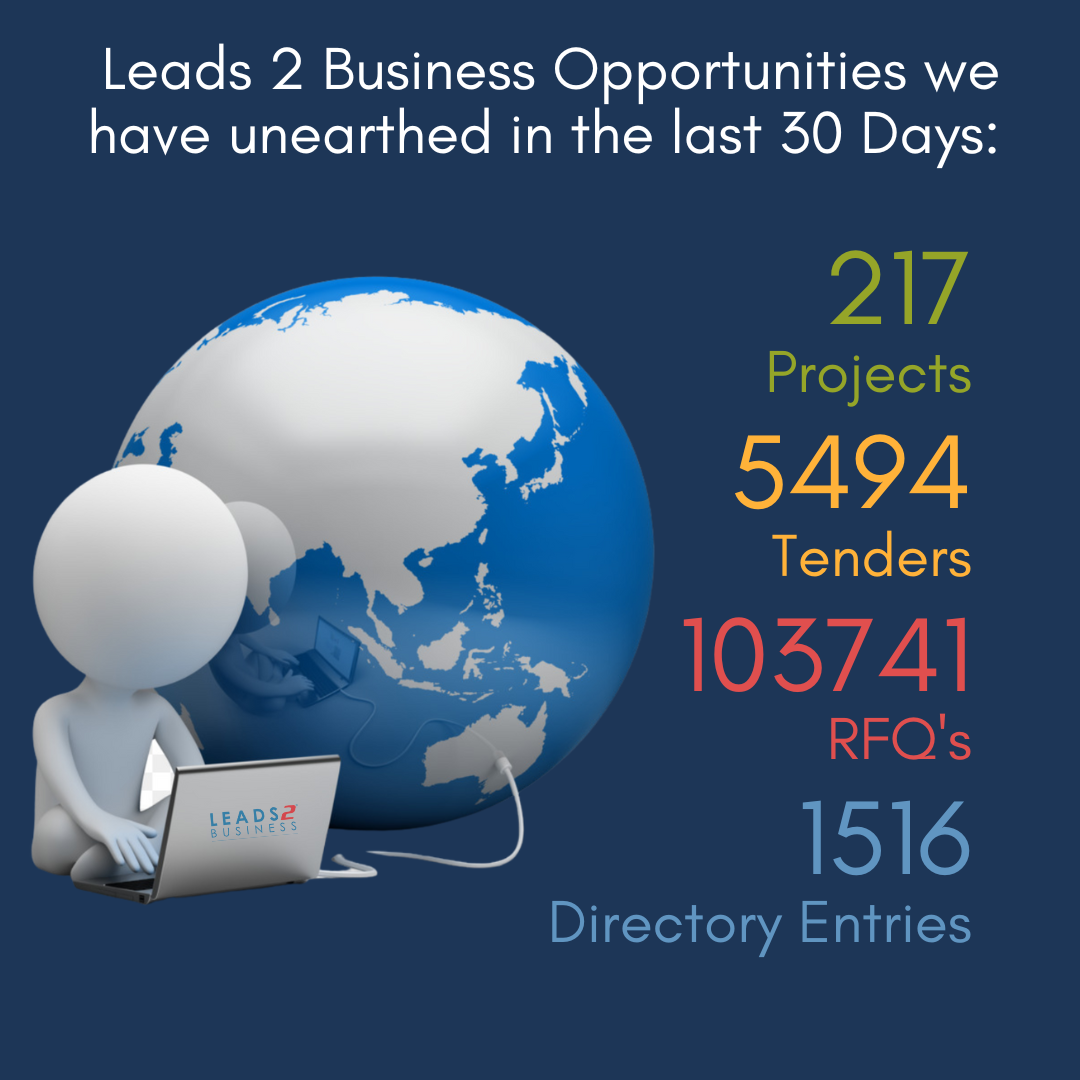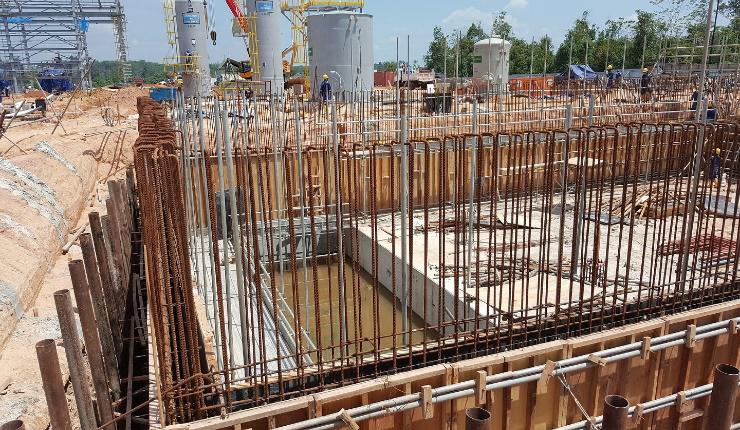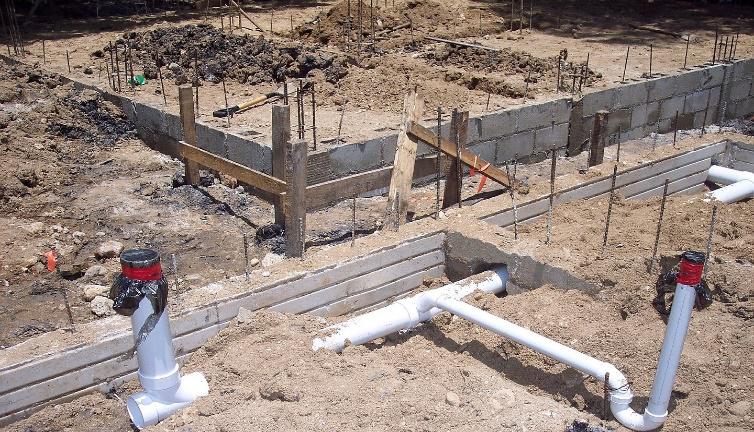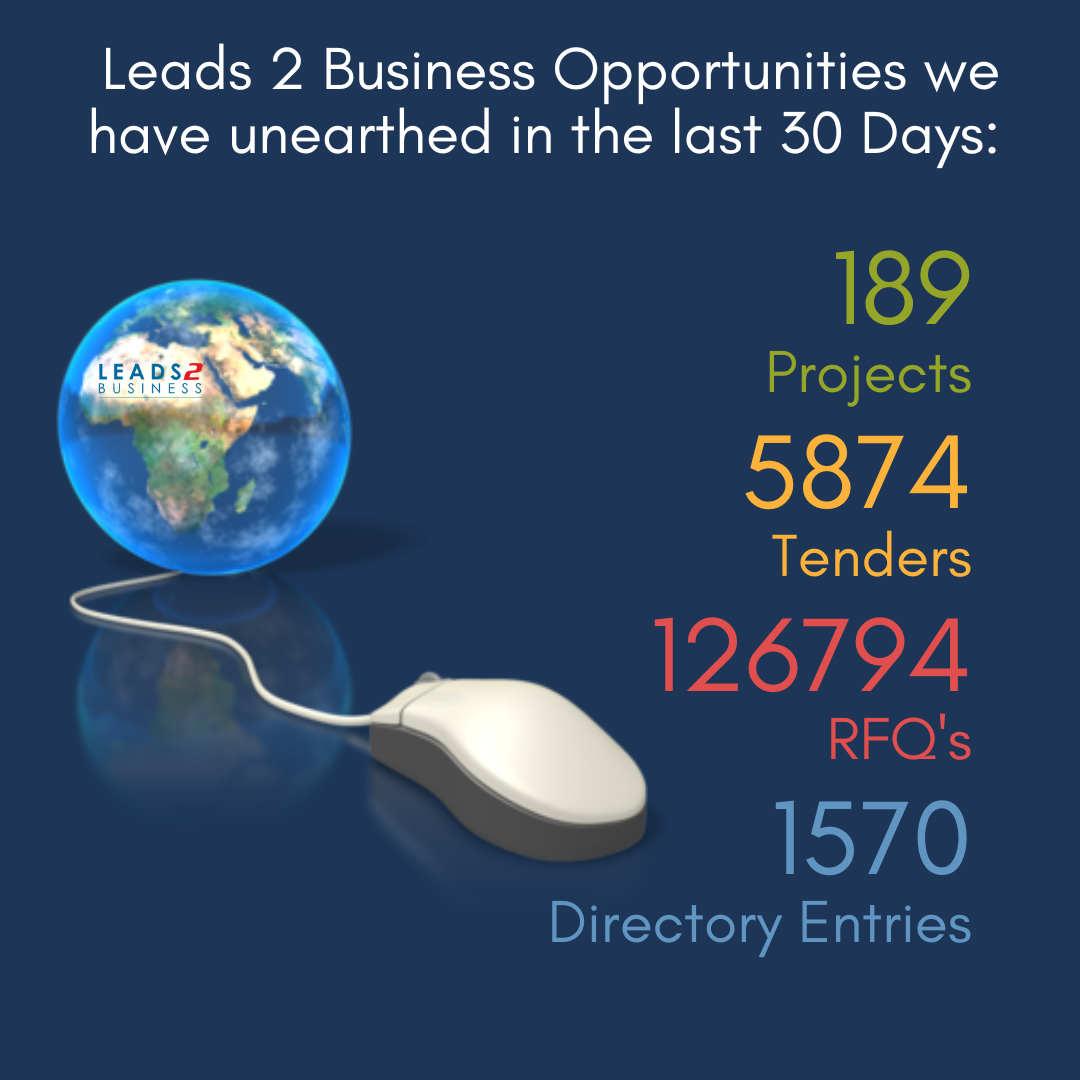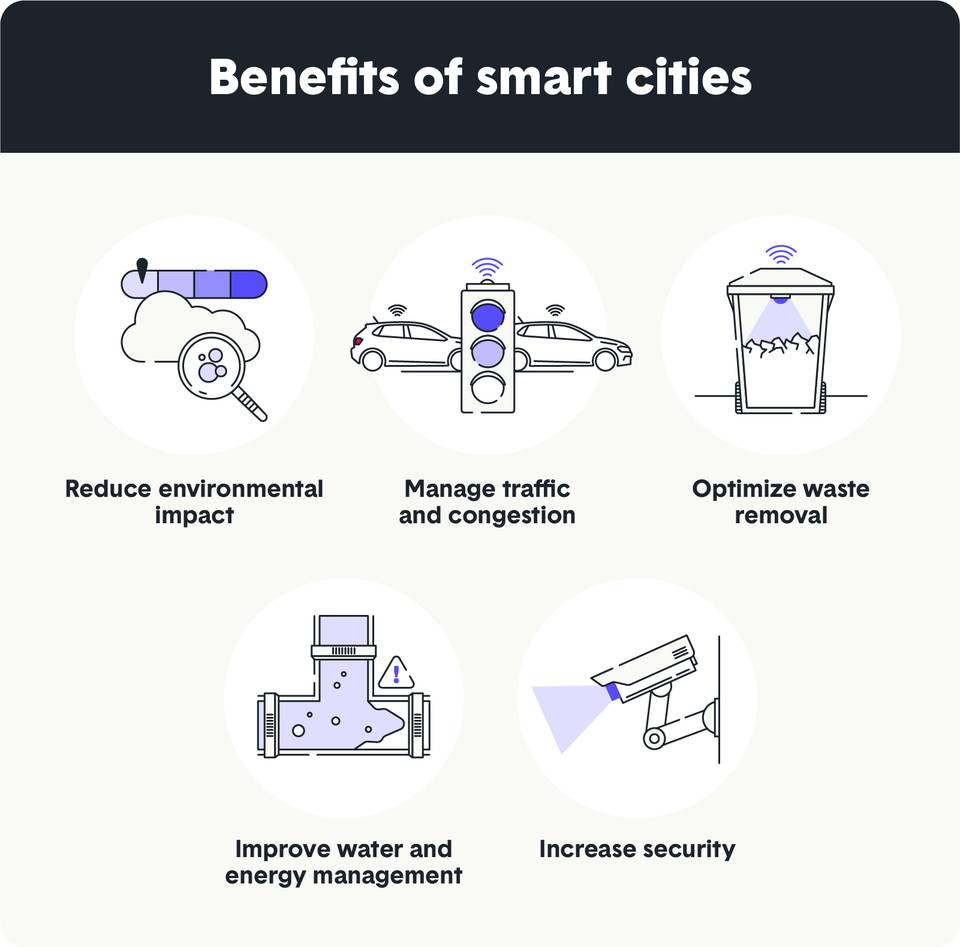
Being productive doesn’t just mean working hard, it also means working smart. Productivity is one of the key factors that determine your professional success and happiness. Having the ability to consistently produce high-quality work can lead to career advancement as well as personal development.
Here are 20 Productivity & Positivity Hacks for the Workplace :
Positivity – Attitude is everything! If you don’t think you can do it, why should anybody else? Maintaining a positive attitude will significantly increase your productivity.
Plan – The first step toward being productive is to plan out your day ahead of time. Write down everything you need to do so you can stay on track and know what to focus on next. This removes all uncertainty, and there is less chance of you drifting away and wasting time because you don’t know what you’ll do next.
Start Your Day With a Tough or Easy Task – The way you begin your day determines how the rest of the day will take shape. You can either begin by completing the most difficult task first, making everything else feel easier, or begin by completing the simplest task first, gaining valuable momentum.
A Dedicated Workspace – If you are working from home or remotely, create a dedicated workspace where you’ll go to work and leave once you’re finished.
Use an Important/Urgent Matrix – An effective time management tool called Important/Urgent Matrix or Eisenhower Matrix helps prioritize tasks on the basis of how important or urgent they are. The matrix divides tasks into four different quadrants – Important & Urgent, Important & not urgent, Not important & urgent, Not important & not urgent. This method ensures you spend your time effectively as well as efficiently.
Plants – Placing one of these green-leaved friends on your desk holds all sorts of amazing effects. Studies have shown that they improve concentration and productivity by up to15%, and not just that, plants reduce stress levels, boost your mood,
Light & Air – Studies in neuroscience have been done on the advantages of natural light. In fact, it has been demonstrated that having a view of the outside can improve performance at work. Employees that work near a window do better in terms of remaining on target, engaging more with their work, and displaying greater devotion to their employer. A 15% decrease in absenteeism has been linked to better workplace lighting, including both natural sunshine and artificial light, according to HOK, a multinational design, architecture, and engineering business. Our capacity to assimilate information and come to wise conclusions is also influenced by Fresh Air.
Move – Try to get up and move at least once an hour. A break gives your mind the opportunity it needs to recover from intense concentration.
Hydrate – A 3-4% drop in water intake can lead to a (up to) 50% drop in productivity. Make sure you and your team are drinking enough (no, coffee doesn’t count).
Use Templates – Create templates for routine tasks that are created the same way each time. This saves a lot of time and improves overall productivity.
Group Similar Tasks – Stack similar tasks so you can complete them with the same mindset. This ensures a smooth workflow and helps you get more done in less time.
Avoid Multitasking – It may be tempting to do two things at once, but multitasking does more harm than good. Research shows that about 98% of people aren’t focused on one task, so multitasking makes them less productive.
Use the “One and Done” Rule – Most of us tend to set aside some tasks and think about taking care of those later but they often don’t get done. To avoid this, add each new task to your to-do list so you don’t forget it later.
Eliminate Distractions – When we get distracted, we waste a lot of time trying to refocus on the task at hand. By removing distractions, you can do more productive work in less time.
Wake Up Early – Get a head start on your day; a lot of work can be done early in the morning when there are fewer distractions than at noon.
Follow Deadlines – Try to complete the task within allocated time. Knowing that deadlines are approaching increases productivity.
Let Go of Perfectionism – Nothing is perfect, so don’t waste time trying to make every task perfect. Once you’ve done enough, move on to the next task.
Learn to mindfully say “No” – Saying “yes” and taking on too much will can harm your mental health and affect the quality of your work. If you find yourself constantly working late or bringing work home with you, then you no longer have a healthy work-life balance. This may also cause you to resent your job and create a negative work environment. Saying “no” mindfully will ensure that when you are asked to do something and don’t have the time, you’ll know how to say it politely and effectively. For example: “Unfortunately, I’m at capacity. I’ll let you know if my schedule frees up.”
Listen to Productive Music – Music is a great therapy for staying focused and staying productive.
Identify the ‘Why’ Behind Your Job – Ask yourself why you chose your job. Keep these reasons in mind at work to stay motivated to be productive and successful at work.
Sources:
Einstein Marketer
Inc Africa
Simplilearn
To view more Articles, please visit our Leads 2 Business Blog.
If you are interested in becoming one of our subscribers, please visit Leads 2 Business.
To view notes with screenshots on how to use our website, please visit Leads 2 Business Wiki.
My name is Lola Govender. I have been working at L2B for 14 years and am very passionate about our business.
